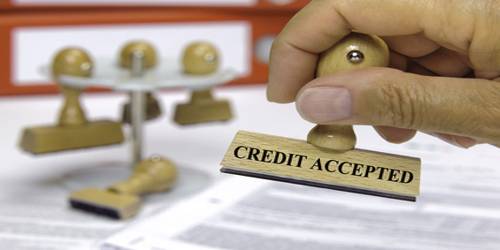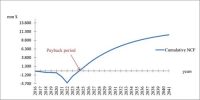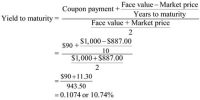Credit Policy
A company’s policy on when its customers should pay for goods or services they have ordered a government’s policy at a particular time on how easy or difficult it should be for people and businesses to borrow and how much it should cost. The government influences this through changes in interest rates. In economics, credit policy is government policy at a particular time on how easy or difficult it should be for people and businesses to borrow money and how much it will cost. This is done through a change in interest rates.
The success or failure of a business depends primarily on the demand for its products – as a rule, the higher its sales, the larger its profits and the higher its stock price. Sales, in turn, depend on a number of factors, some exogenous bit others under the firm’s control. The major controllable determinants of demand are sales price, product quality, advertising, and the firm’s credit policy. Credit policy, in turn, consists of these four variables:
(a) Credit period, which is the length of time buyers are given to pay for their purchases.
(b) Discounts are given for early payment, including the discount percentage and how rapidly payment must be made to qualify for the discount.
(c) Credit standards, which refer to the required financial strength of acceptable credit customers.
(d) Collection policy which is measured by the firm’s toughness or laxity in attempting to collect on slow-paying accounts.
The credit manager is responsible for administering the firm’s credit policy. However, because of the pervasive importance of credit, the credit policy itself is normally established by the executive committee, which usually consists of the president plus the vice-president of finance, marketing, and production.














